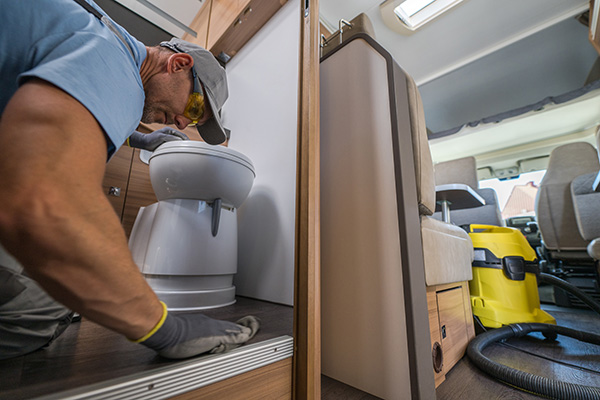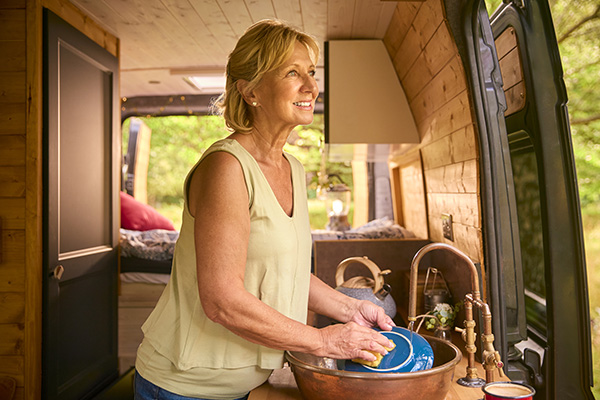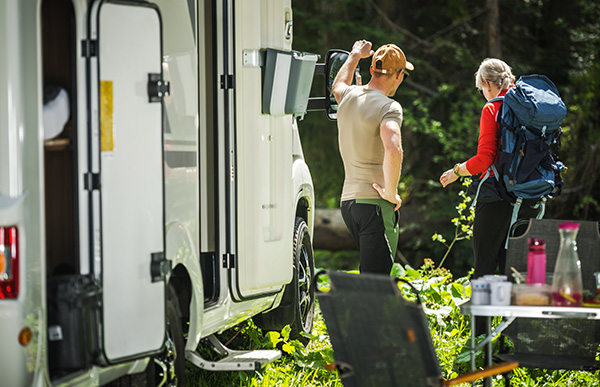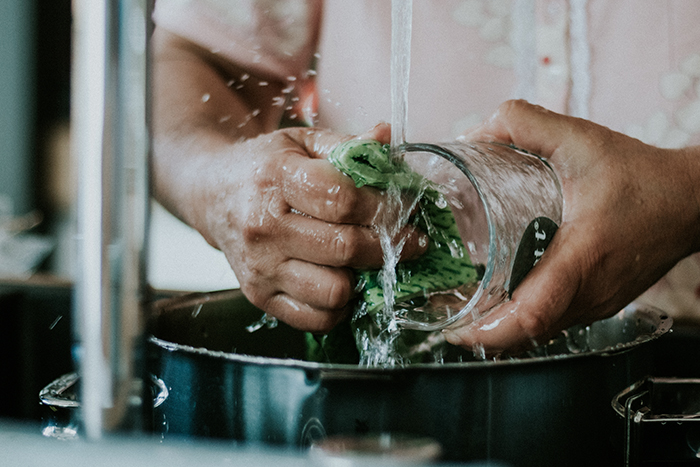



Traveling the open road with friends, losing track of time on meandering backroads, and discovering hidden gems – these are some of the most treasured moments from my teenage years. Back then, the logistics of organising such trips were the last thing on my mind. Now, as an adult planning my own adventures, I’ve come to appreciate the complexities involved in managing a trip. One of the trickiest issues for those embracing life on the road is the “grey water dilemma.” If that brings to mind the visual of a nineties made movie about the cold war then you need to read on!
Grey Water refers to wastewater from showers, kitchen sinks, bathroom sinks, and washing machines. Disposing of this water responsibly while on the move is essential for the health of both the environment and your travel experience.
The Grey Water Dilemma
Camping and road trips bring with them the challenge of managing grey water. This wastewater, often considered harmless, can quickly become problematic. In the confined and often warm environment of your camper, grey water can transition into black water surprisingly fast. This is primarily due to the bacterial growth encouraged by organic materials like food residues, skin cells, and hair. Under the right conditions, particularly in hot weather, grey water can start to smell unpleasant within a day. Additionally, soaps and detergents used in daily activities can make grey water harmful to the environment if not disposed of correctly.
To keep grey water manageable and less offensive, here are some key practices:
- Choose Eco-Friendly Products: Opt for biodegradable soaps and detergents designed for septic systems. These reduce the environmental impact and are less likely to cause issues in your grey water tank.
- Maintain Your System: Regularly clean and maintain your grey water tank and plumbing. Flushing hoses after each use prevents build-up and odours.
- Use Natural Drain Cleaners: Periodically freshen your drains with a baking soda and vinegar mix to prevent clogs and odours.
- Proper Waste Management: Scrape food debris into the trash rather than washing it down the drain. This minimises the organic load in your grey water.
- Keep Your Tank Clean: Use products designed for grey water tank cleaning to keep the system fresh and efficient.
- Limit Shower Use: Showers should be for bathing only, not as an alternative to toilet facilities. No peeing in the showers! You know who you are!
- Pre-Clean Dishes: Wipe off excess food from dishes with paper towels before washing to reduce the strain on your grey water system.
Grey Water Disposal Techniques
Handling grey water disposal responsibly depends largely on where you are. Each setting has its own best practices:
Campsites Without Disposal Facilities
When camping at sites without grey water disposal facilities, it’s important to manage your grey water effectively:
- Use Portable or Built-In Tanks: Many modern RVs and campers come equipped with grey water tanks. If yours doesn’t, portable tanks or even large plastic containers can be connected to collect grey water.
- Check the Rules: Verify if the campsite has specific requirements for grey water management. Some may require integrated tanks.
- Find Public Dump Points: Grey water quickly turns into black water in warm conditions. Find the nearest dump point to safely dispose of grey water.
- Avoid Illegal Dumping: Never discharge grey water on the road. It’s illegal and harmful to public health.
Caravan Parks
Caravan parks usually provide facilities for grey water disposal. Here’s how to use them effectively:
- Connect to Dedicated Drains: Most parks offer grey water drains where you can hook up your outlet hoses. If they don’t, open drains may be available.
- Consult the Park: Sometimes parks will allow grey water to be used for irrigation, especially in areas experiencing drought.
- Follow Park Guidelines: Always adhere to the specific grey water disposal methods outlined by the park.
Free Camping Areas
Free camping often comes without amenities, including grey water disposal:
- Direct Grey Water to Ground Carefully: In many free camps, it’s permissible to discharge grey water onto the ground unless prohibited by signs.
- Be Environmentally Aware: Position your discharge away from other campers and sensitive environments, and ensure your grey water doesn’t contain harmful chemicals.
Insights and Best Practices
The caravan and camper community often debates the best approaches to handling grey water. Some advocate for extensive filtration and treatment systems, while others focus on minimising water use and waste generation. Regardless of your approach, being mindful of how grey water is managed is crucial to maintaining a healthy and enjoyable travel experience.
Travellers are constantly innovating, from DIY grey water treatment solutions to eco-friendly cleaning products that reduce the environmental footprint. As the community grows, so does the collective wisdom on sustainable travel practices.
For those looking to delve deeper into the world of caravanning and sustainable travel, the Queensland Outdoor Adventure Expo offers a wealth of knowledge. From July 26th to 28th at the Toowoomba Showgrounds, attendees can explore the latest in caravans, campers, and hybrid options. The event also features three daily educational sessions hosted by RACQ, packed with essential tips for every road enthusiast.
Embrace these practices, and your road trips will be more pleasant for you and kinder to the environment. Happy travels!

